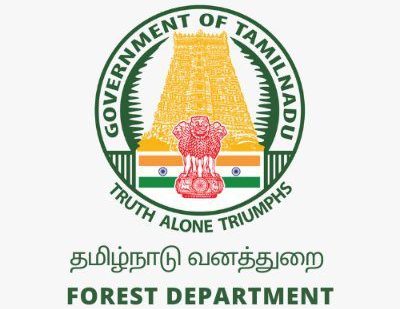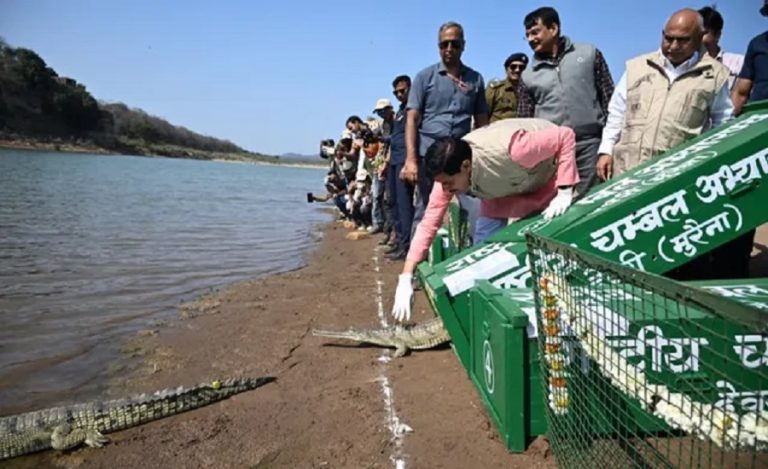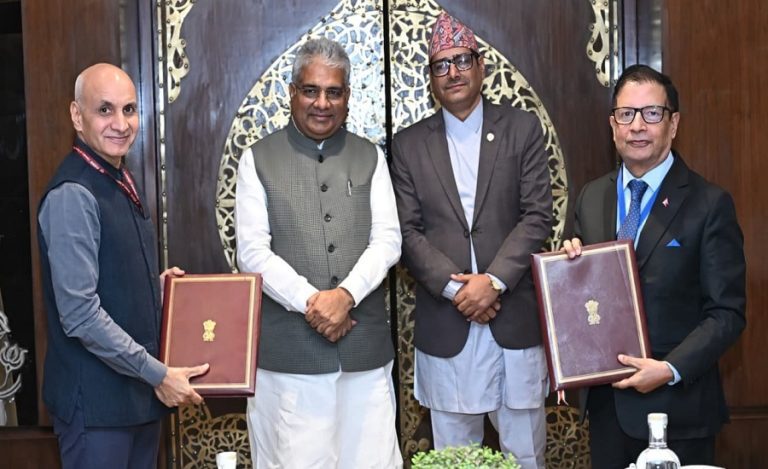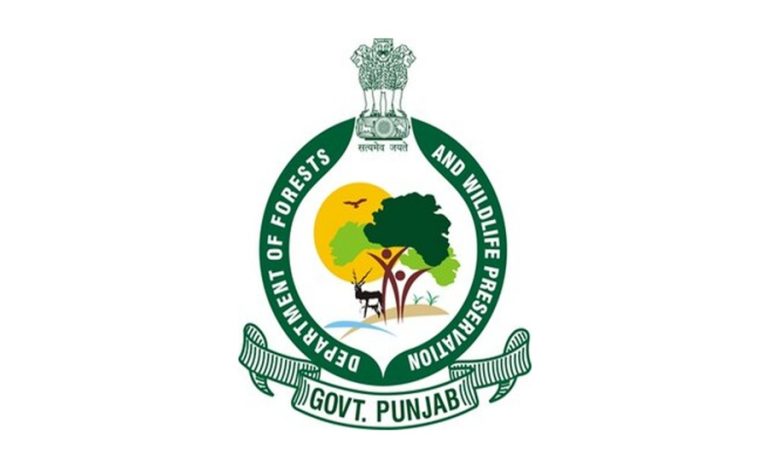In a landmark move, the Tamil Nadu forest department has recently acquired 30.41 acres of previously privately-owned land located within the core area of the Srivilliputhur Megamalai Tiger Reserve (SMTR). This reserve, established in 2021, stands as the youngest among the five tiger reserves in the state.
Under the provisions of the Right to Fair Compensation and Transparency in Land Acquisition, Rehabilitation and Resettlement Act of 2013, the land was acquired through private negotiation. A sum of Rs 2.33 crore was disbursed to seven landowners who willingly relinquished their ownership rights. This marks the first instance in India where state authorities have procured private land for non-commercial purposes, specifically geared towards forest and biodiversity conservation efforts.
The SMTR holds a unique status in conservation efforts, with substantial portions of its core area comprising privately owned patta lands, historically utilized for coffee and cardamom cultivation. Originating during the British colonial era, vast stretches of pristine forest were cleared for cultivation, subsequently falling under the ownership of various zamindars from regions like Gandamanaickanur, Erasakkanaickanur, Saptur, and Seithur. Some landowners have voluntarily surrendered their patta lands to the forest department due to challenges such as labor scarcity, wildlife threats, and overall difficult accessibility.
One such significant land parcel lies adjacent to the High Wavy mountains area in Chinnamanur, Megamalai. Deputy Director of SMTR, S. Anand, highlighted the critical importance of this land parcel as part of a vital wildlife corridor frequently utilized by elephants and tigers, as evidenced by camera trap images.
Locally known as Yegan Raja Board, this area’s history intertwines with the story of Yegan Raja, a lumberjack who facilitated forest exploitation for British officers, ultimately acquiring land from the Gandamanur zamindar. Over time, ownership of the land transitioned through various hands.
Anand elaborated on the challenges faced by landowners in cultivating these lands, including rugged terrain, wildlife encounters, labor shortages, and more. Subsequently, negotiations ensued to procure the land at a fair price, with the district-level private negotiation committee, led by the Theni collector, determining a compensation amount of Rs 2.33 crore, triple the guideline value of the plots, accompanied by solatium for physical assets.




































